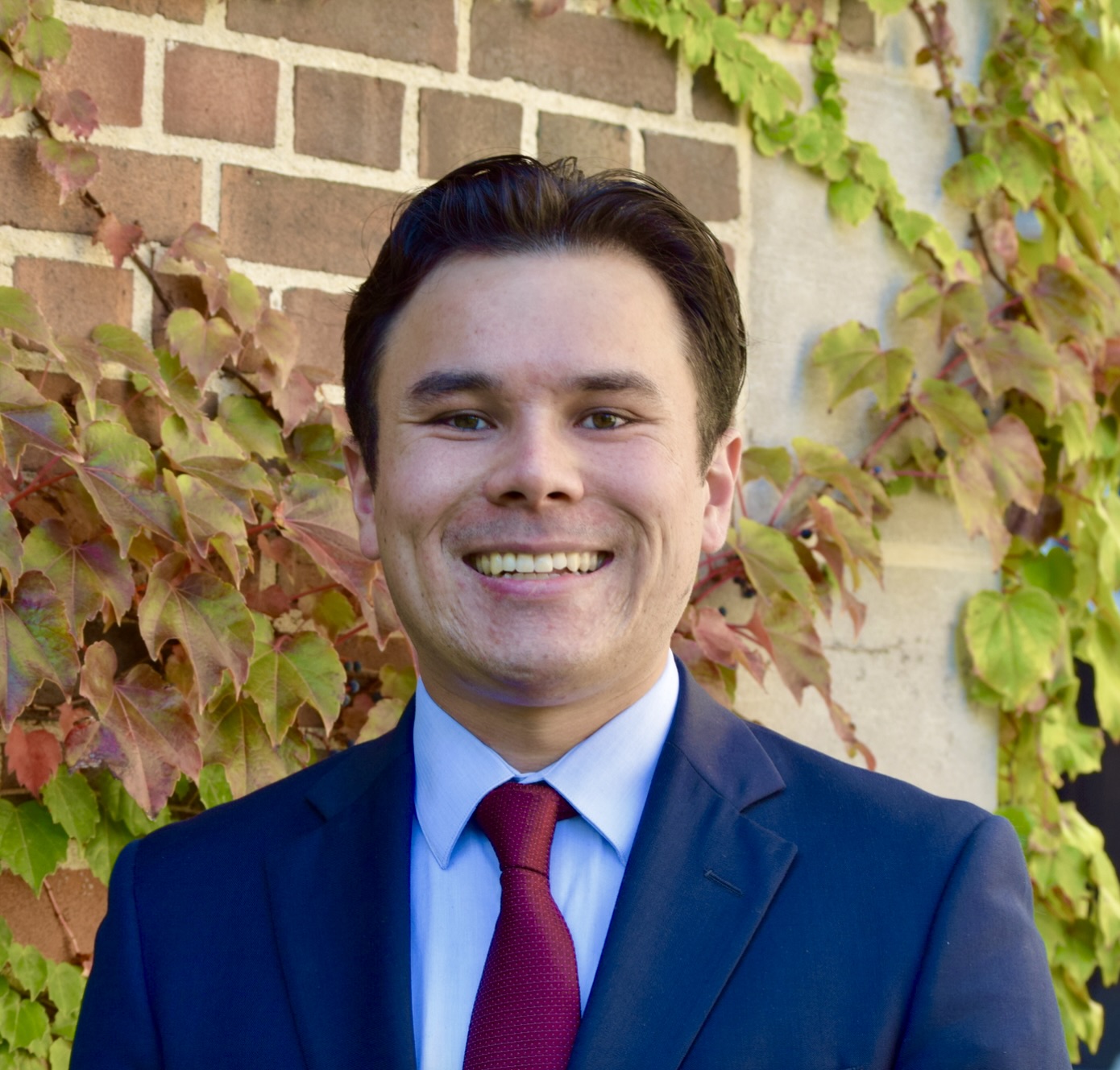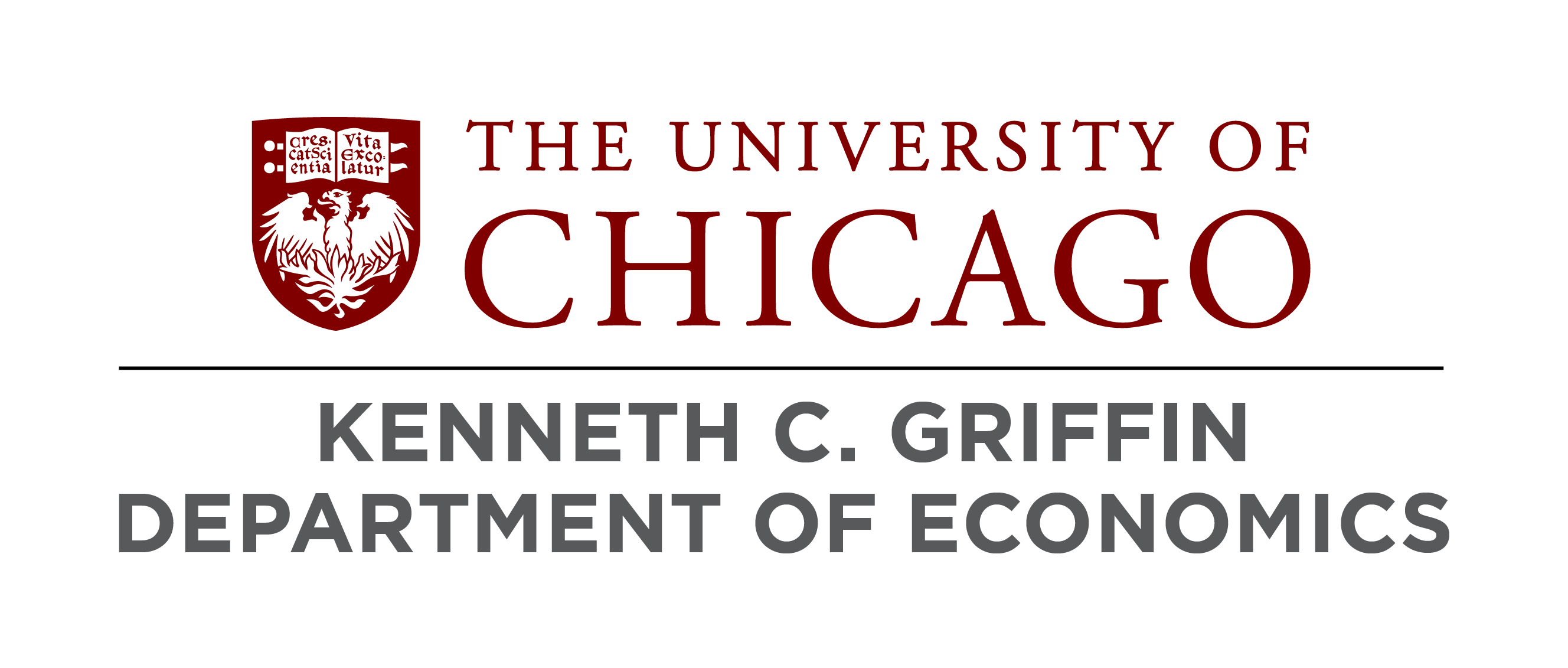
Primary Research Focuses: Health Economics and Public Finance
References:
- Manasi Deshpande (Committee Chair)
- Joshua Gottlieb
- Matthew Notowidigdo
- Bradley Shapiro
Job Market Paper: "Do Pharmacies Matter?"
[Abstract] Despite potential health benefits of prescription drugs, many patients do not take them as prescribed. While prior work has emphasized the role of prices and insurers in patients' drug consumption decisions, this paper provides novel evidence on a non-price driver of drug consumption: pharmacies. Using a staggered event study design, I find that pharmacy closures cause Medicare patients' drug use to decline in the short-run---especially among low-income patients---but increase in the long run. To explain the long-run increase in drug consumption following a pharmacy closure, I model three potential mechanisms driving the reduced-form effect: temporary disruption/switching frictions, permanent changes in patient costs (e.g., copays or travel distance), and permanent shifts to higher- or lower-dispensing pharmacies. To quantify the relative impacts of these mechanisms, I estimate a two-way-fixed-effects model in the style of Abowd, Kramarz, and Margolis (1999) of pharmacies' effects on low-income patients' drug use. Combining the pharmacy effects from the AKM model with my reduced-form closure analyses, I find that the long-run increase in drug consumption following a pharmacy closure is explained by patients switching from lower-dispensing pharmacies (which are disproportionately likely to close) to higher-dispensing pharmacies. More generally, the variation in pharmacy fixed effects is about half that of prescriber fixed effects, indicating that pharmacies matter for drug consumption.
 THE UNIVERSITY OF CHICAGO
THE UNIVERSITY OF CHICAGO

